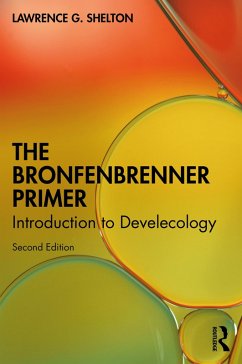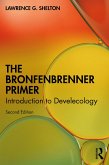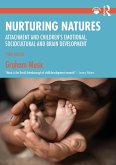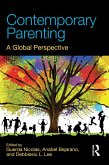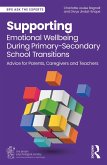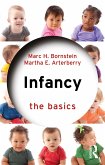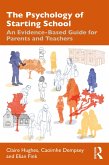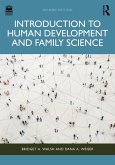Bronfenbrenner's scientific analysis of the role the environment plays in human development is essential for understanding how and why development happens, how our environments can promote healthy development, and how to address developmental issues when they arise. Shelton emphasizes building a systematic foundation for using the theory to understand real situations and apply it practically. The book describes the background and context that led Bronfenbrenner to develop his framework, illustrates a wide array of potential applications, and provides activities for students to practice applying the framework to their own experiences. This new edition includes expanded coverage on adolescents and adults, incorporating up-to-date examples relevant to life post-pandemic. It also addresses diverse perspectives and living environments and provides several applications and exercises to help explain Bronfenbrenner's concepts.
The Bronfenbrenner Primer is a highly regarded and valuable resource for students beginning their studies in Developmental Psychology, Family Science, Sociology, Health Sciences, Social Work, Education, and for anyone interested in understanding the social world.
Dieser Download kann aus rechtlichen Gründen nur mit Rechnungsadresse in A, B, BG, CY, CZ, D, DK, EW, E, FIN, F, GR, HR, H, IRL, I, LT, L, LR, M, NL, PL, P, R, S, SLO, SK ausgeliefert werden.
"Lawrence Shelton has done a great service for generations of students to come by offering a comprehensive presentation of Urie Bronfenbrenner's approach to the ecology of human development. Shelton's book is clear, detailed, rich in its real world connections, and 'keeps faith' with Urie's vision of how to study and understand the complex processes by which the biological organism becomes the human person. As someone who knew Urie well I am pleased to see this important effort to keep his intellectual legacy alive and vibrant." - James Garbarino, Loyola University Chicago, USA
"Researchers and practitioners often use Bronfenbrenner's theory as a guiding framework for examining individual development within the context of a larger ecosystem. Thus, having an accurate understanding of his theoretical model is critical to improving the lives of children and families. Shelton reminds us of the importance of Bronfenbrenner's theoretical framework by offering a well-written primer that appropriately targets undergraduate students. Incorporating his book in the undergraduate human development curriculum would help students appreciate and understand the fundamentals of his framework in their undergraduate coursework and beyond." - Lauren E. Altenburger & Polina Soldatova, Journal of Family Theory and Review

